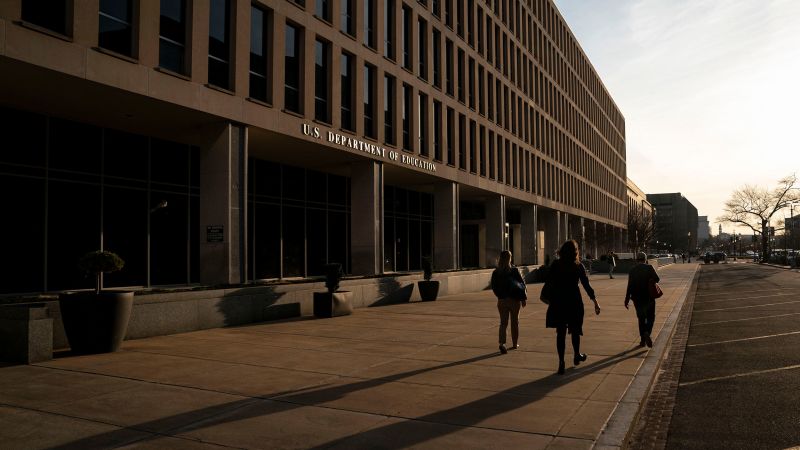The former Allen AME Church was being restored for a theater company’s use. Contractors found a letter linked to Alexander Herritage Newton, a prominent abolitionist, in its rafters.
Video: Hidden Black history remains uncovered in NJ
Hidden Black history remains uncovered in New Jersey cemeteries where Civil War colored soldiers and underground railroad conductors are laid to rest.
Thomas P. Costello, Mike Davis and Nicolette White, Cherry Hill Courier-Post
CAPE MAY, New Jersey − The former Allen African Methodist Episcopal Church yielded a few finds when contractors began renovating it to become East Lynne Theater Company’s new home: some old bottles, collection envelopes from the 1940s, a little metal globe bank whose dusty, rusty surface obscured most of the world’s countries and oceans.
But one item went a little farther back: a snippet of a receipt that may have been hand-written and signed by a prominent Civil War veteran, abolitionist, Underground Railroad facilitator and pastor. The snippet even bears a date: June 19, 1891.
“To all whom this may concern, Elwood Rowland, formerly of Media, PA Daniel Galvin, (formerly of) Phila Plastered this church during The month of June for $250 Rev. Dr. Newton, Pastor (unclear),” the snippet reads.
That name − the Rev. Dr. Newton − connects Allen AME to the famed abolitionist, Civil War veteran and author who spent time in Cape May, though little is known about his stay there. It’s also thrilled history buffs in this seaside resort town full of Victorian architecture, old churches and sites linked to some of the most prominent Black Americans of their time.
Who was the Rev. Dr. Newton?
Alexander Herritage Newton (whose middle name is sometimes listed with one “r”) was born in 1837 in North Carolina to a free mother and an enslaved father. He came north to New York during the 1850s, where he married and started a family, and where he also became involved with the Underground Railroad as his mother worked to buy freedom for her husband, Newton’s father. In 1863, Newton joined the Union cause in the Civil War, serving with the 29th Connecticut regiment in the U.S. Colored Troops.
Newton later settled in Camden, New Jersey, just outside Philadelphia, where he wrote a memoir, “Out of the Briars.” He was active in the African Methodist Episcopal Church, founded in 1794 in Philadelphia by Richard Allen. And Newton served as pastor at Allen AME Church, which itself was founded by Stephen Smith, a wealthy Black businessman who lived in Cape May, from 1889-1892.
A fire, a renovation, a revelation in the rafters
After a 2018 fire, Allen AME Church, which is in a section of Cape May that was once a center for Black civic life, was in dire straits. The building, which dated to 1888, landed on Preservation New Jersey’s Most Endangered Sites in 2021.
In Cape May, history is as much of a draw as its beaches, restaurants, shops and nature trails. “So when the church was slated for demolition, the mayor and city council knew we had to save it,” city manager Paul Dietrich said.
“The church did not have funds to do it, so it was incumbent on the city to do so,” Dietrich said. Thanks to a combination of county and state preservation grants, work is nearly complete: The wooden steeple that was destroyed in the fire has been replaced by a steel structure, not only to prevent another fire but also better able to withstand the coastal winds and storms. Drywall has been placed and painted over the wood walls. And the stained glass windows, many donated by families that belonged to the church, have been restored to their former colorful beauty.
“But we also didn’t want it to be an empty shell,” Dietrich added, and so the city partnered with East Lynne Theater Company, which now performs at another nearby church but was looking for a home of its own.
“The contractor is a local, so he knows how important history is here,” Dietrich said. When Kyle Carter of DKC Contractors discovered the letter nailed to a beam in the church rafters, he understood its significance and told city officials what he’d found.
History hidden, revealed and hidden again
Mark David Boberick, East Lynne’s executive artistic director, said he was thrilled to hear about the discovery of the hand-written note.
“We’ve been storytellers for 45 years, and now we’re telling another story − about the culture and history of this community,” he said. East Lynne, a summer equity theater company that stages classic American plays, is hoping to start using what will be called The Clemans Theater later this year for productions and for events such as art exhibitions, film screenings and fundraisers this summer.
Bernadette Matthews, president of the Cape May Chamber of Commerce, East Lynne board member and AME Church member called the discovery “fascinating,” noting the significance of the note’s date, June 19, or Juneteenth, in American history.
She talked about other nearby sites, including Stephen Smith’s house, Franklin Street School, Macedonia Baptist Church and the Harriet Tubman Museum, all within a few blocks and all central to Cape May’s historic Black community.
“This whole quadrant is what’s left of the vibrant African American community that was here,” she said.
Newton mentioned his time in Cape May in his memoir, and even alluded to the work noted on the paper that was found in 2025: “The church building was not plastered or seated, so we decided to borrow money for this purpose,” Newton wrote.
The note, though, had to remain in place, Boberick said. Removing it from the wood to which it was attached would likely destroy it.
It remains where it was found, Dietrich said, at the request of former members of Allen AME Church.
Do you want to share a slice of Americana with USA TODAY? Contact Phaedra Trethan by email at ptrethan@usatoday.com, on X (formerly Twitter) @wordsbyphaedra, on BlueSky @byphaedra, or on Threads @by_phaedra






























